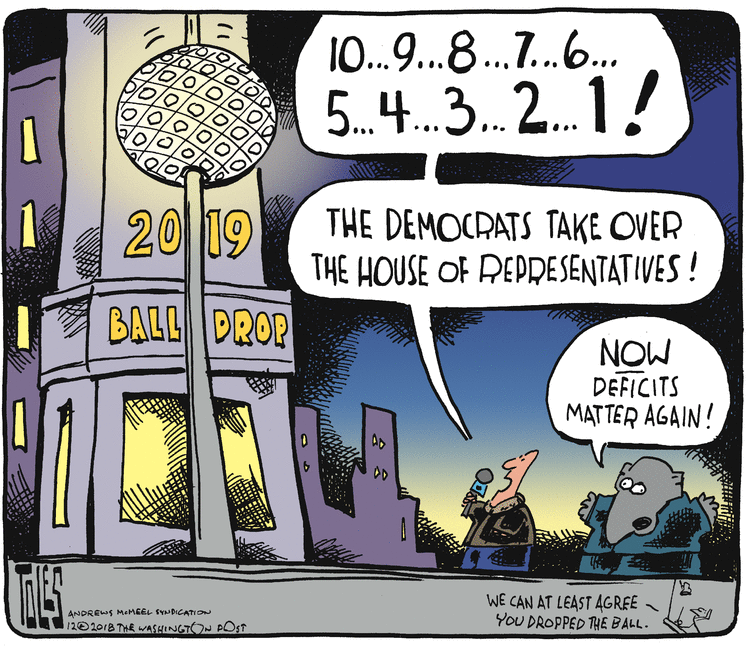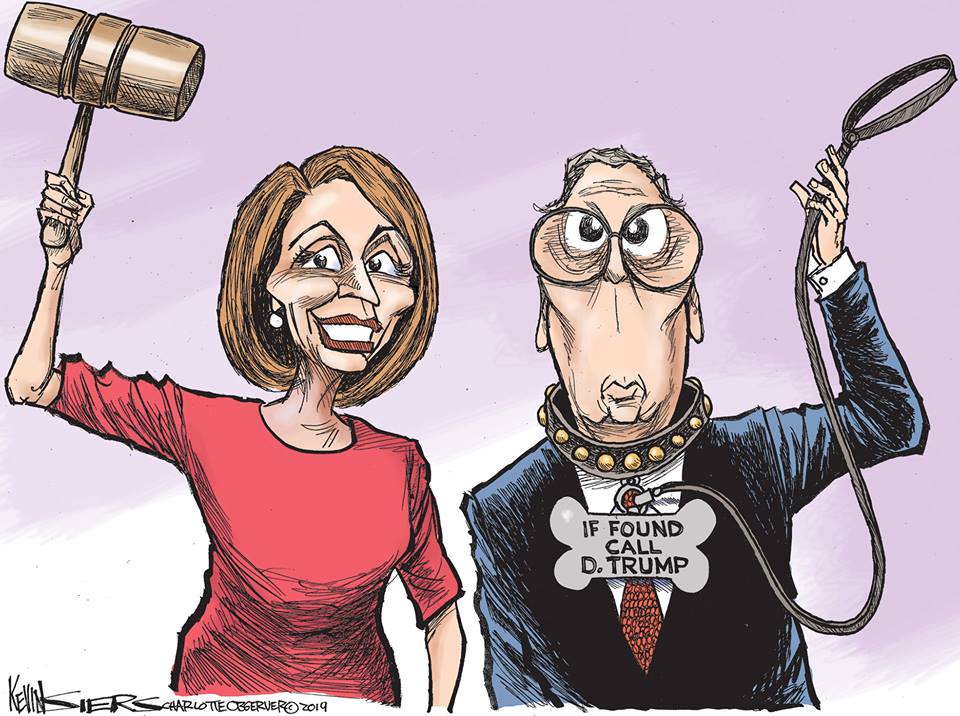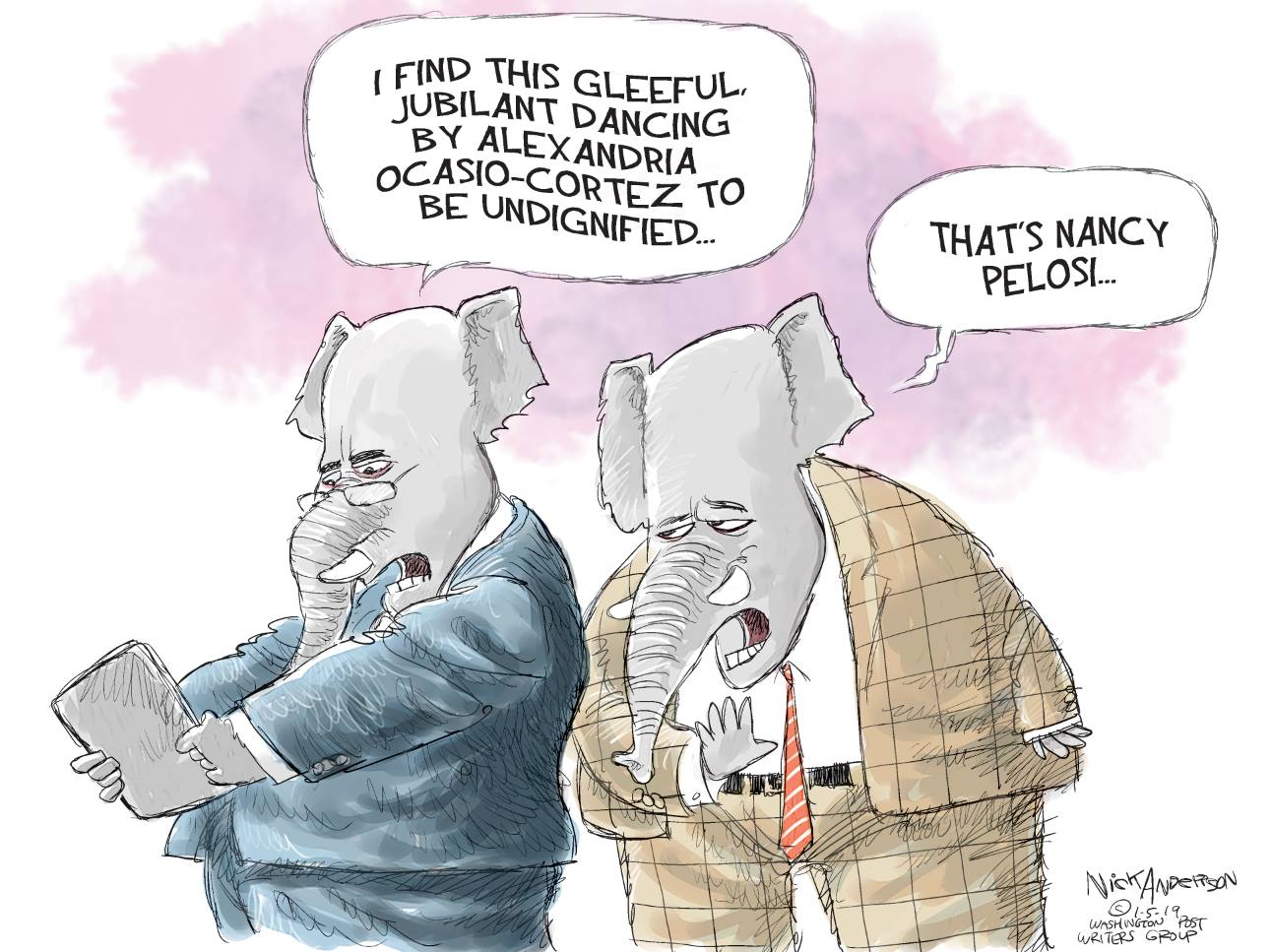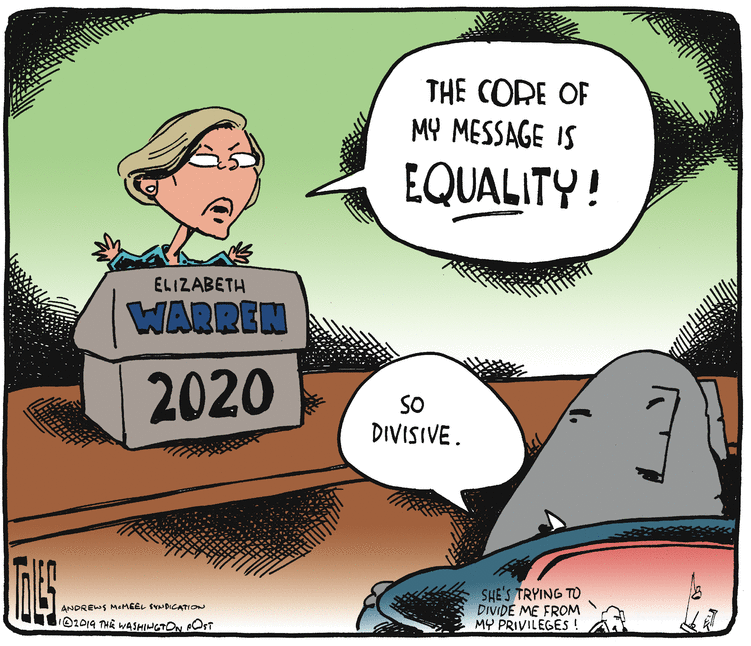The Daily Escape:

Egmont National Park, NZ – photo by vicarious_NZ
A new report shows that US public schools in 28 states lost at least $1.8 billion in tax revenues last year as a result of tax incentives granted to corporations. The study analyzed the financial reports of 5,600 of the nation’s 13,500 independent public school districts.
Good Jobs First examined the first full year of reporting under a new accounting standard for school districts, adopted by the Governmental Accounting Standards Board (GASB), the body that sets accounting rules for all states and most localities. The new rule, GASB Statement No. 77 on Tax Abatement Disclosures, requires most state and local governments to report annually on the amount of revenue they’ve lost to corporate tax abatements.
This is extremely important, since most local schools are very dependent on revenue from property taxes, but they rarely have influence over corporate tax abatements granted by their towns, and/or the cities or counties where they are located.
And local voters have had no way to see how much they are forced to pay in additional taxes that were lost to enrich the pockets of corporate employers.
Good Jobs found that the 10 most affected states could have hired more than 28,000 new teachers if they were able to use the lost revenues. Or, they could have avoided higher home property taxes, or provided their teachers with better resources, or higher pay.
States and cities have long used abatements and other tax incentives to lure companies, or to keep them from leaving, and/or to encourage them to expand locally. Often, those companies make their choice of location based on the quality of local schools and colleges.
These abatement deals are made by local politicians and are meant to boost local economic development. Their proponents say the lost tax revenue is worth it, because they grow the local economy. But it is difficult to know whether the benefits outweigh the burdens.
And until GASB 77, it has been impossible to see just how much a school system may have lost because of a company’s tax break. The new rule is especially helpful in understanding local schools finances, because it requires the reporting of revenue losses even if they are suffered passively by the school system as the result of decisions made by another body of government.
Of the five districts that lost the most, three are in Louisiana. Together, they lost more than $158 million, or $2,500 for each student enrolled. The School District of Philadelphia, which only last year regained local control from the state after climbing out of a deep fiscal crisis, lost the second most revenue at $62 million.
Overall, nearly 250 school districts lost at least $1 million each, and in four districts, tax abatements reduced classroom resources by more than $50 million.
But most school districts have not yet complied with Rule 77, which was implemented in 2015. Good Jobs First estimates that another $500 million of subsidies and abatements are currently unreported.
Most of us believe that our governments are supposed to govern in the interests of the “general welfare,” that when voters put people in positions of power, based on the legitimacy of our electoral process, is the limit of our responsibility as voters.
We accept that somebody has to say what the rules are, and then enforce them.
But in our neoliberal economic times, voters have to remember that our governments often act as wholly owned subsidiaries of the 1%. It takes suspension of belief to accept that our republic, ruled as it is by an oligarchy, is working for the general welfare of all of our citizens.
Why do we think that, our “governments”, all of which are subject to capture and ownership by the few, are going to somehow provide decency, comity, or fairness to all of us?
We need to abandon the article of faith that the free market, one without government oversight, promotes the best economic outcome for all of us.
Today’s inequality says the opposite.
We need a new vision of the role of government. But it isn’t really a “new” vision. It is simply a return to insisting on the “promotion of the General Welfare for all” as the paramount object of government.
Here’s another thought from Gordon Wood, in his book, Creation of the American Republic:
In a republic each individual gives up all private interest that is not consistent with the general good, the interest of the whole body. For the republican patriots of 1776 the commonweal was all encompassing—a transcendent object with a unique moral worth that made partial considerations fade into insignificance.
The last outcome that American revolutionaries wanted was to be ruled by oligarchs. But, here we are.
We need to reform our capitalism.

















